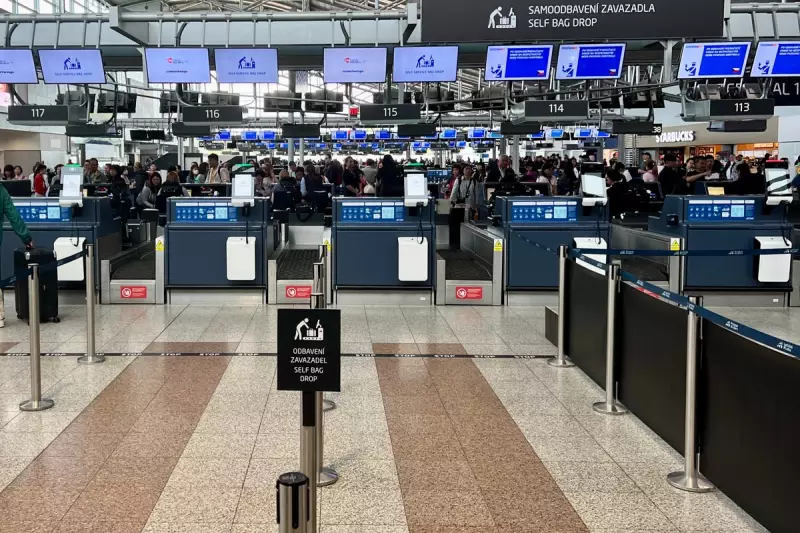
The European Union's ambitious new border control system, designed to transform how non-EU citizens enter the bloc, has hit another significant roadblock. The Entry/Exit System (EES), which was scheduled for implementation later this year, now faces substantial delays as several key member states struggle to prepare for the technological overhaul.
What is the EES and Why Does It Matter?
The Entry/Exit System represents the most significant change to EU border management in decades. This automated IT system will register name, travel document type, biometric data and both entry and exit dates for all non-EU nationals crossing into the Schengen Area. For British travellers, this means every time you pass through border control into Europe, your details will be digitally recorded.
Which Countries Are Causing the Delay?
According to recent reports, several nations including Czech Republic, Estonia, and Luxembourg have indicated they won't be ready to implement the system by the anticipated October deadline. This follows previous delays that have plagued the project since its original 2022 launch date.
The system requires:
- Automated kiosks at all border crossing points
- Facial image and fingerprint capture technology
- Integration with existing border control systems
- Staff training for new procedures
Potential Impact on UK Travellers
When the EES eventually launches, British passport holders should prepare for:
- Longer processing times initially as border guards adapt to new systems
- Enhanced data collection including fingerprints and facial images
- Automated border crossings once the system is fully operational
- Digital tracking of your stay within the 90-day visa-free limit
The continued delays provide temporary relief for travellers concerned about potential border chaos, but experts warn that the eventual implementation will fundamentally change how Britons travel to Europe.
What Happens Next?
European authorities now face mounting pressure to establish a realistic timeline for rollout. With summer travel peaks approaching and multiple member states reporting unpreparedness, a 2025 implementation appears increasingly likely.
For now, British travellers can continue using current border procedures, but should stay informed about upcoming changes that will inevitably reshape European travel.





